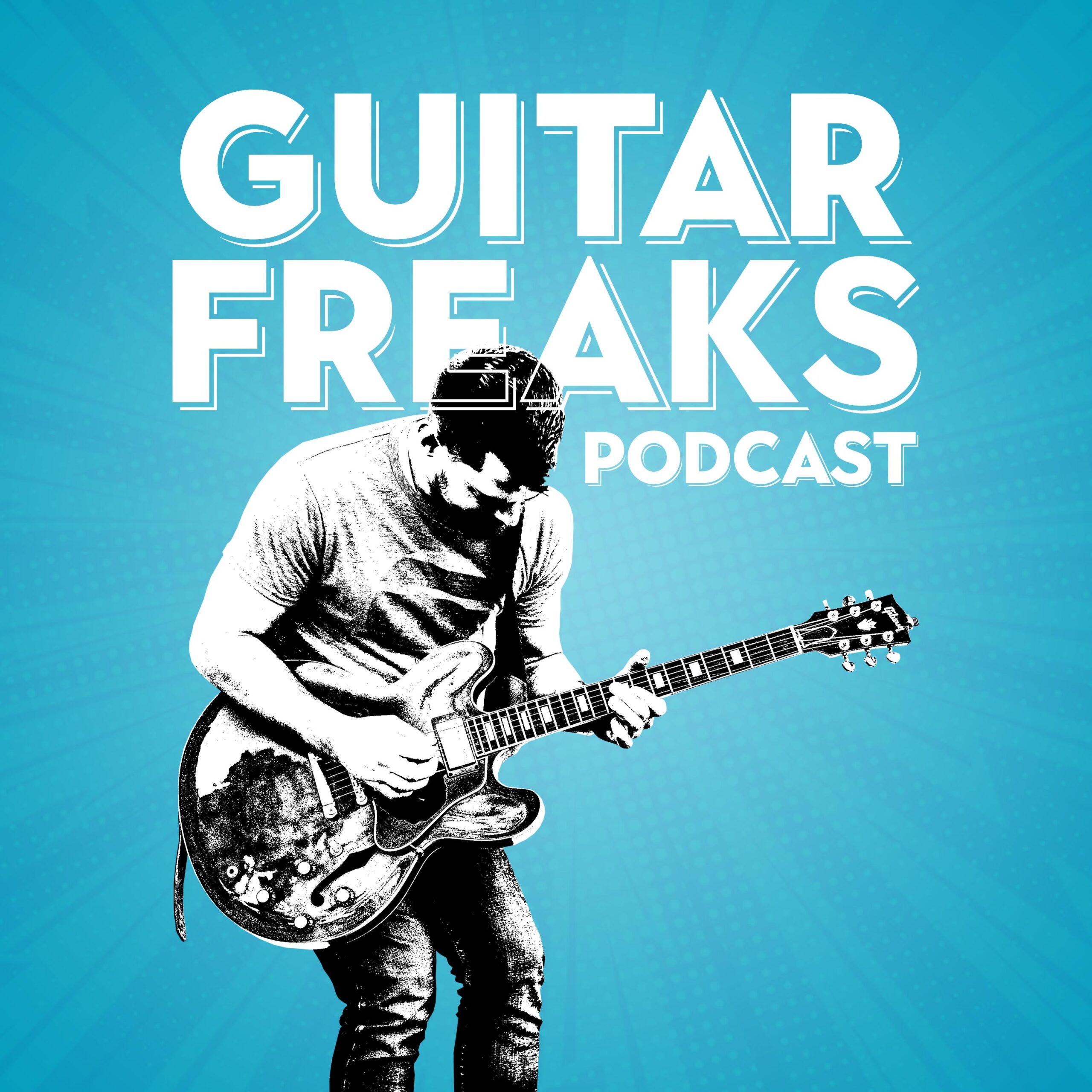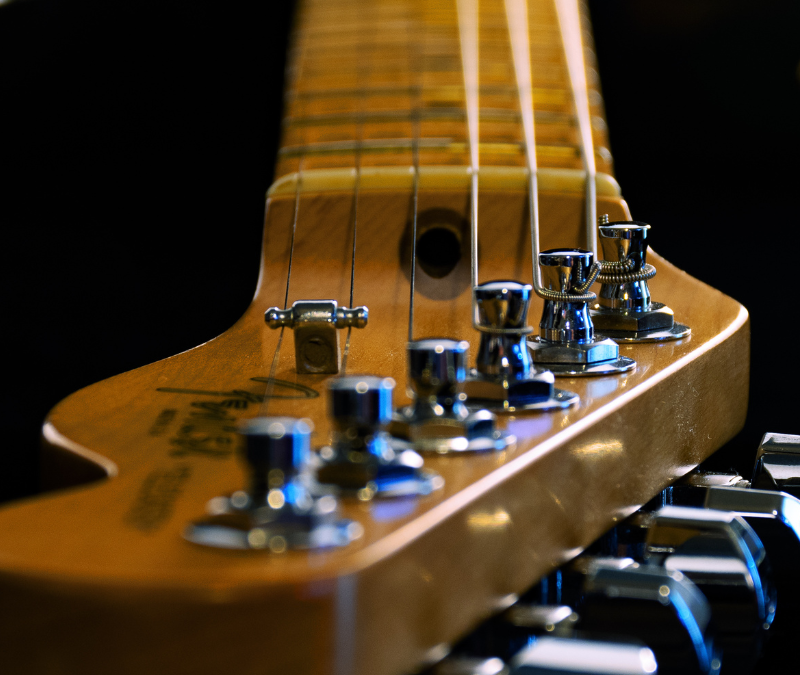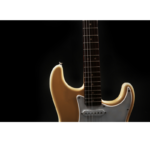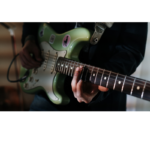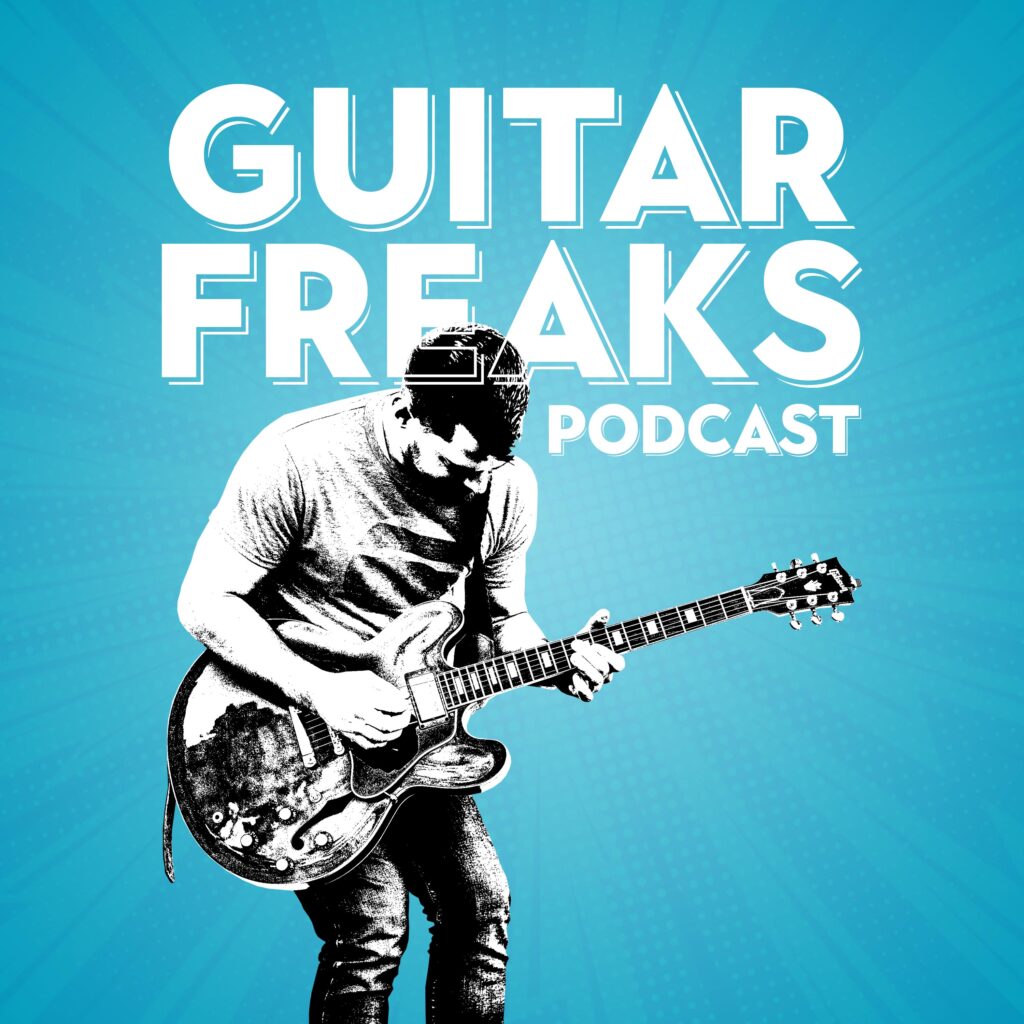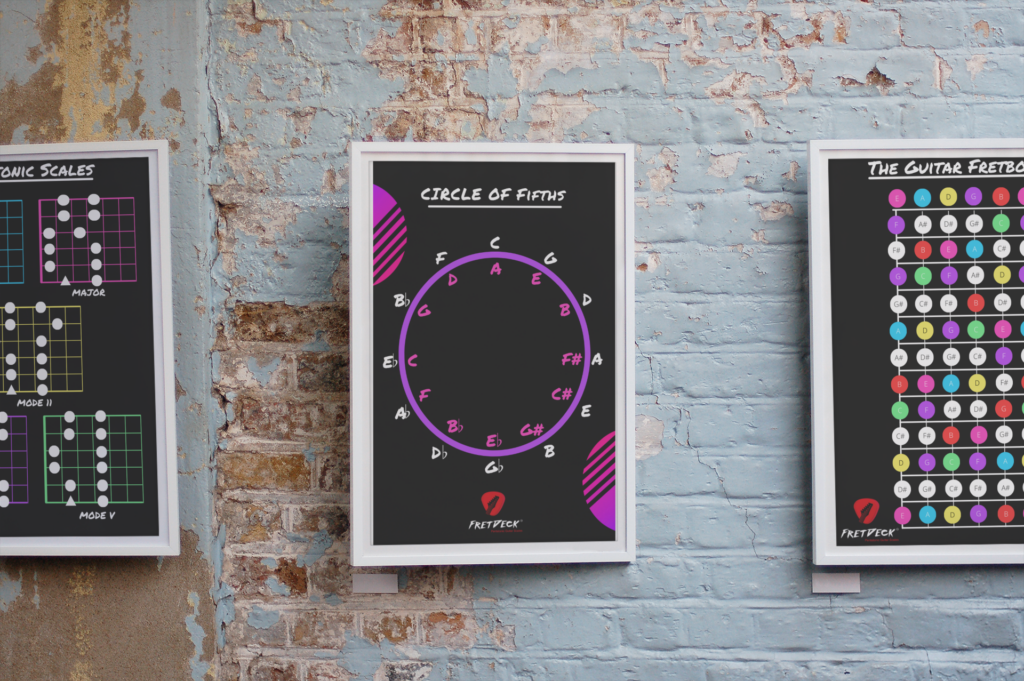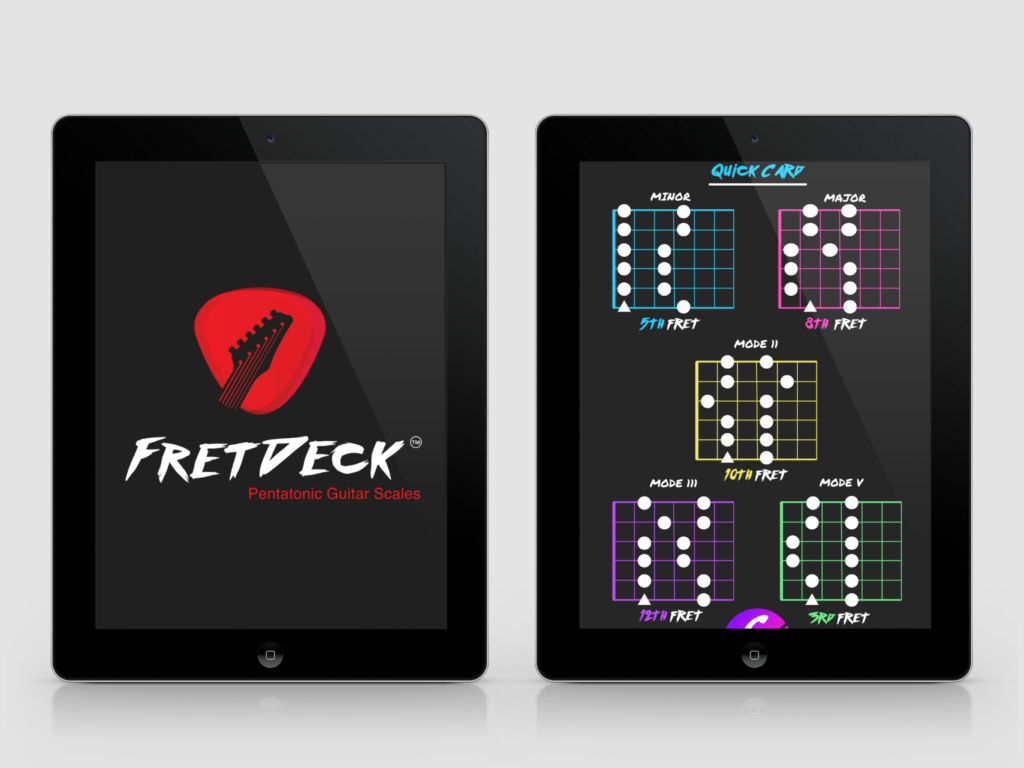If you’ve just started learning the guitar, mastering your first beginner guitar scale is a transformative milestone. Scales aren’t just dry exercises—they’re the heart of music, shaping the melodies and solos that have inspired guitarists for decades. By understanding scales, you’ll gain a powerful tool to navigate your fretboard, improve your technique, and tap into your creative potential.
This guide is your complete introduction to beginner guitar scales. From why they’re essential to how you can master them step-by-step, we’ll cover everything you need to know. Whether you’re strumming your first chords or ready to experiment with lead guitar, this article will help you take the next step with confidence.
What is a Beginner Guitar Scale?
Let’s start with the basics: what exactly is a guitar scale?
A guitar scale is a series of notes played in a specific order, forming the backbone of countless songs and solos. Scales are often defined by their intervals—the distance between each note. These intervals give each scale its unique sound and feel.
For beginners, scales serve two main purposes:
- Understanding the Fretboard: Scales teach you how notes are laid out across the guitar. Instead of guessing where to play, you’ll have a roadmap to guide you.
- Improving Technique: Practicing scales builds finger strength, coordination, and speed. You’ll find your playing becomes smoother and more precise over time.
The best part? You don’t need to be a theory expert to get started. A few simple patterns are all it takes to begin exploring.
Why Scales Are Essential for Beginners
When you first pick up the guitar, it’s tempting to jump straight into learning songs. And while that’s a great way to stay motivated, adding scales to your practice routine will set you up for long-term success. Here’s why:
1. Unlock the Fretboard
Before learning scales, the fretboard can feel like a maze. But once you understand scale patterns, everything starts to click. You’ll see how chords and melodies connect, giving you the freedom to explore.
2. Play Melodies and Solos
Scales are the foundation of lead guitar. Whether you’re playing a heartfelt solo or a catchy riff, scales provide the notes you need to create something memorable.
3. Improve Your Timing
Practicing scales with a metronome helps you develop a strong sense of rhythm. This skill carries over into every aspect of your playing, from strumming chords to playing intricate licks.
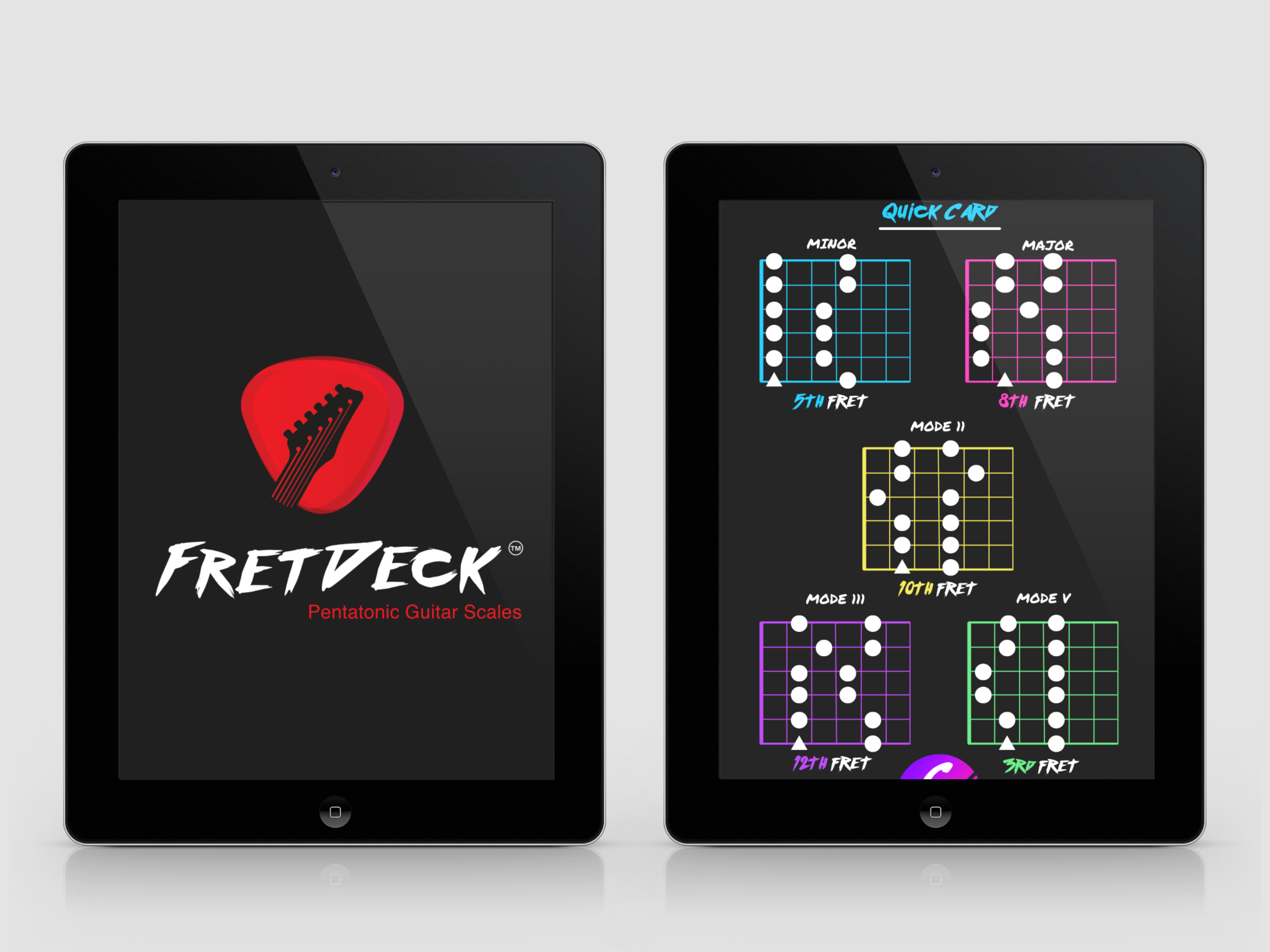
Download The FretDeck & Pentatonic Secrets Course!
Download Our Course
The First Scale Every Beginner Should Learn
If you’re new to scales, the best place to start is the minor pentatonic scale. This five-note scale is easy to learn, sounds great, and forms the backbone of genres like blues, rock, and even pop.
Here’s why the minor pentatonic scale is perfect for beginners:
- Simplicity: The pattern is straightforward and easy to memorize.
- Versatility: You can use it to play solos, riffs, and melodies in virtually any style.
- Immediate Gratification: Even simple phrases sound good, which keeps you motivated.
How to Play the A Minor Pentatonic Scale
The A minor pentatonic scale is one of the most popular scales for beginners. Here’s the pattern in its first position:
e|----------------5---8--------------------------------|
B|------------5---8------------------------------------|
G|--------5---7----------------------------------------|
D|--------5---7----------------------------------------|
A|----5---7--------------------------------------------|
E|----5---8--------------------------------------------|
Each number represents a fret, and each string corresponds to one of the horizontal lines. To play the scale:
- Place your index finger on the 5th fret of the low E string.
- Play the note, then stretch your pinky to the 8th fret of the same string.
- Move to the next string and repeat the pattern.
Step-by-Step Practice Tips for Beginner Guitar Scale
Learning a beginner guitar scale is about more than memorizing notes. To truly master it, you need a thoughtful practice routine. Here’s how to practice effectively:
1. Break It Down String by String
Instead of trying to play the entire scale at once, focus on one string at a time. Play the notes slowly and make sure each one rings out clearly.
2. Use a Metronome
Start at a slow tempo (60 BPM is a good starting point) and play one note per beat. Gradually increase the speed as you become more comfortable. This builds both accuracy and timing.
3. Alternate Picking
Alternate between downstrokes and upstrokes with your pick. This technique improves speed and consistency over time.
4. Practice in Reverse
Don’t just play the scale from low to high—practice descending as well. This ensures you’re comfortable moving in both directions.
How to Make Beginner Guitar Scale Fun and Creative
One of the biggest mistakes beginners make is treating scales like boring exercises. Scales are meant to be musical! Here are some ways to keep your practice sessions engaging:
1. Create Your Own Licks
Take a few notes from the scale and create a simple lick. For example:
e|--------------------------5---8--5--------------------|
B|----------------------5-------------8--5-------------|
G|------------------5-----------------------------------|
Experiment with slides, hammer-ons, and pull-offs to add personality.
2. Jam Over a Backing Track
Search for an A minor backing track on YouTube and practice improvising. Use the scale as your guide and try playing along with the rhythm.
3. Add Expression
Techniques like bending, vibrato, and sliding can bring the scale to life. Experiment with these techniques to create more dynamic and emotional playing.

Download The FretDeck & Pentatonic Secrets Course!
Download Our Course
Avoiding Common Beginner Guitar Scale Mistakes
When learning your first beginner guitar scale, it’s easy to develop bad habits. Here’s how to avoid them:
1. Skipping the Basics
Don’t rush through the scale to move on to solos. Take your time to master the fundamentals.
2. Neglecting Finger Placement
Use the correct fingers for each note. For the A minor pentatonic, this usually means:
- Index finger for the 5th fret.
- Ring or pinky finger for the 7th or 8th fret.
3. Not Listening to Yourself
Pay attention to the sound of each note. Are they clean and clear? If not, slow down and focus on accuracy.
Next Steps: Expanding Your Scale Knowledge
Once you’ve mastered the A minor pentatonic scale, you’ll be ready to explore more scales. Here are three great options:
1. The Major Scale
The major scale is the foundation of Western music. Learning it will deepen your understanding of melodies, harmonies, and chord progressions.
2. The Blues Scale
This is the minor pentatonic scale with an added “blue note,” which gives it a soulful, gritty character.
3. The Major Pentatonic Scale
Similar to the minor pentatonic, but with a brighter, happier sound. It’s perfect for genres like country and pop.
Scales as a Creative Tool
At its core, learning a beginner guitar scale is about more than patterns or exercises. It’s about opening the door to creativity. With just a few notes, you can start improvising, writing your own music, and expressing yourself in ways you never thought possible.
Sample Practice Routine
To help you get started, here’s a 15-minute practice routine focused on the A minor pentatonic scale:
- Warm-Up (2 minutes): Stretch your fingers and play the scale slowly, focusing on accuracy.
- Ascending and Descending (5 minutes): Play the scale up and down the fretboard with a metronome.
- Creative Improvisation (5 minutes): Jam over a backing track, experimenting with licks and phrasing.
- Review and Reflection (3 minutes): Think about what sounded good and where you can improve.
Join the Guitar Freaks Hangout!
Learning scales is even more rewarding when you share your progress with others. Join the Guitar Freaks Hangout on Discord, where you can connect with a supportive community of guitarists. Share your licks, ask questions, and get inspired by others on the same journey.
Final Thoughts
Mastering a beginner guitar scale is one of the smartest moves you can make as a new guitarist. It builds your technique, improves your understanding of music, and unlocks a world of creativity. Whether you’re practicing the A minor pentatonic or exploring new patterns, remember to enjoy the process. Your guitar is a tool for expression—let it sing! 🎸
For more on integrating the blues scale into your practice, explore our article on Mastering the Art of Pentatonic Guitar Scales.
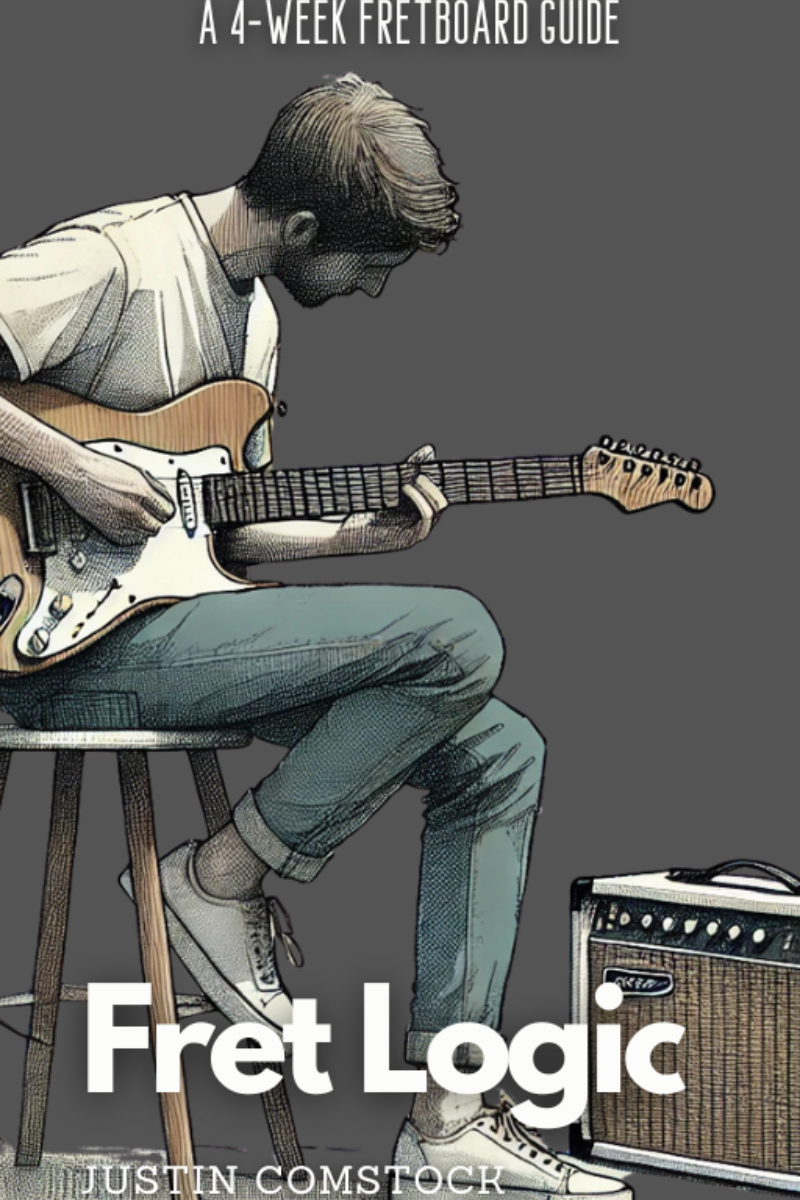
Join Guitar Freaks Hangout on Discord! 🎸
Get Fret Logic FREE!
Join the Guitar Freaks Hangout Discord and get exclusive access to my entire e-book, Fret Logic! Master the fretboard and elevate your solos with this comprehensive guide.
👉 Don’t miss out—join now and download your free copy!
